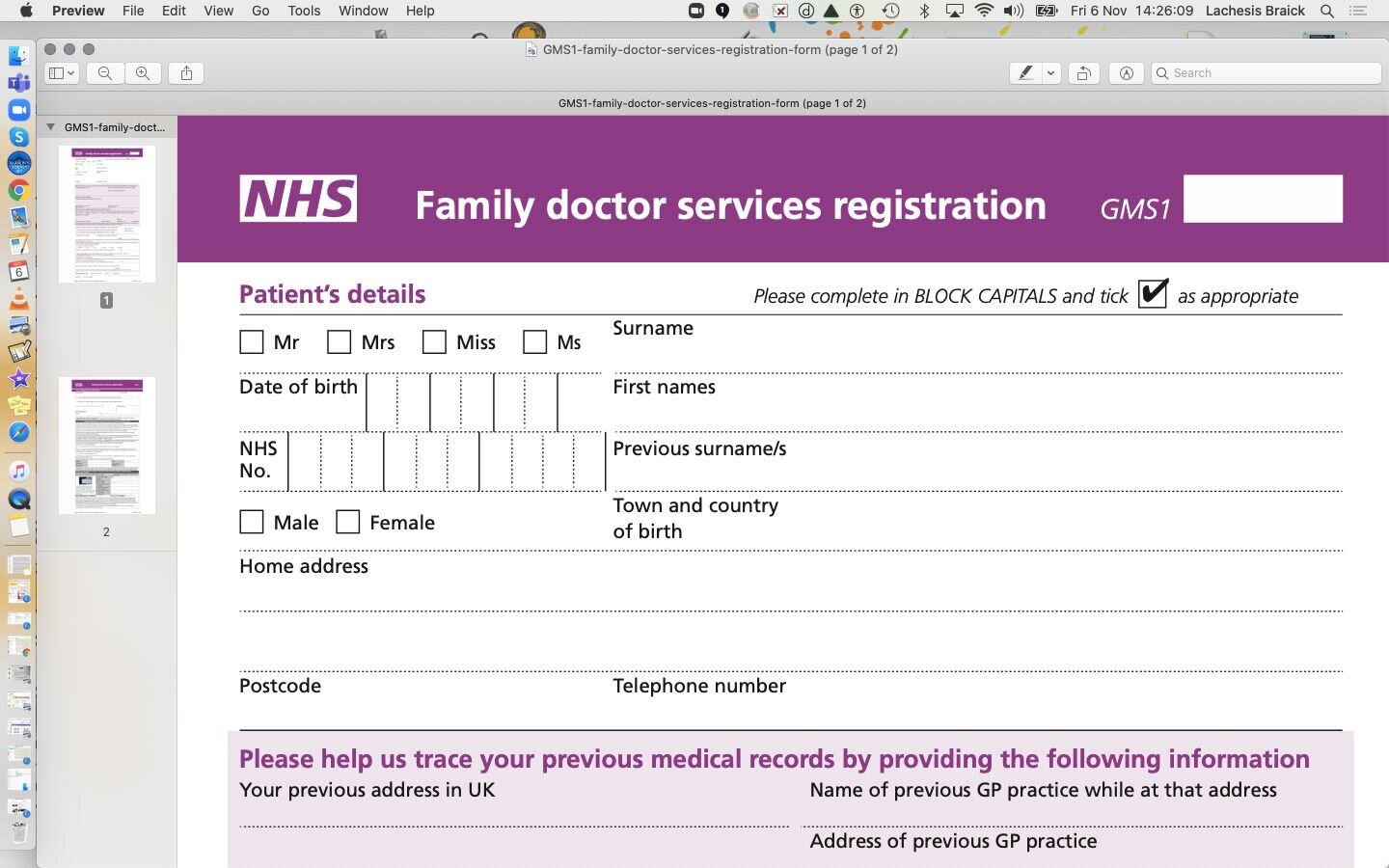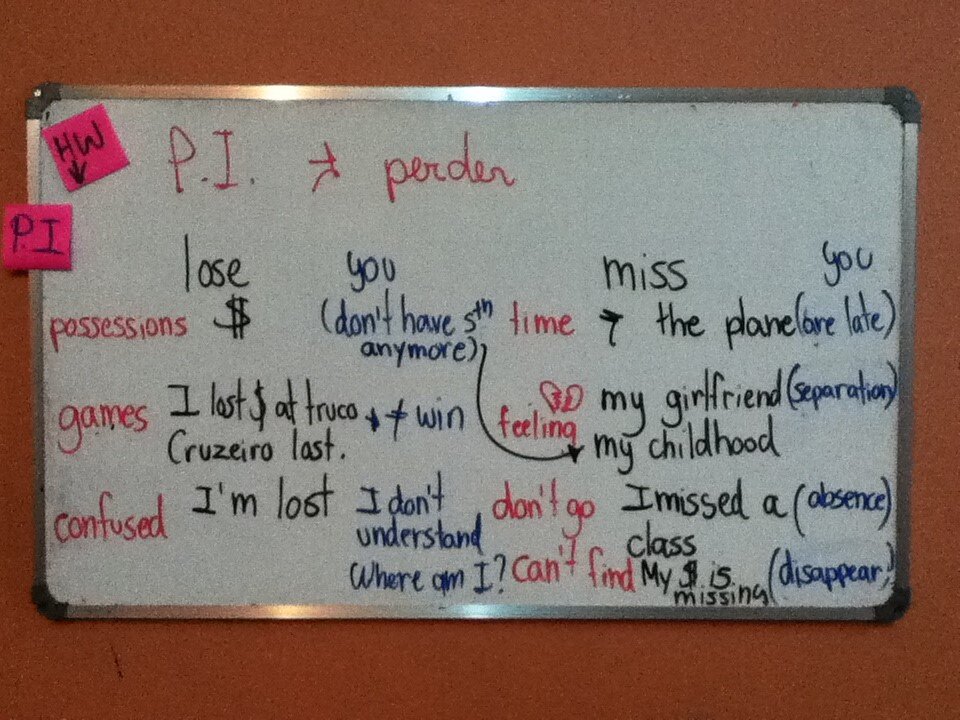How to use humour to teach grammar to beginners
Para português, clique aqui.
so one of the ways I make sure my beginners students are following my clarification and keeping up with the class while also retaining what I want them to learn is HUMOUR. If a student (who is engaged with the lesson) doesn’t react to a funny comment or a simple joke, this person might be struggling.
So I always try to add funny examples and wait for the reaction. I think this lightens the mood, as it's so hard for beginners to speak, while also making it easy for them to remember content.
Just last class we were covering simple present + 's + family members.
In the past, that would be a whole two hours of me talking about grammar
Here's a few examples of how I managed it:
1. I added a photo of my brother, which some of the women found attractive. I said, "well, we look alike" - making circular movements around my face - "but I am more beautiful". This is a typical sibling thing to say, so everyone, of course, laughed.
On a side note, they might not know how to spell look alike yet, but whenever I repeated it in class they understood it perfectly. (Images are key!) Sometimes it's good to expose adult learners to spoken language without the written component so they learn how to cope with not needing to know the spelling of everything. That’s a life skill.
2. I wanted them to learn "mother-in-law", so I added a little witch to the board.
This was part of a dictation where I presented them words such as fiancé, stepfather, other half, and half brother. I pronounced the words before showing them the spelling, because that’s often our path to learning new things. And why show words like this to beginners? Because that's what modern families are like, and the words were indeed useful when they talked about their own families. I had them send pictures of their families members so the class could guess who the people were related to.
It worked really well for word order with possessive S. They took notes on their notebooks, then compared their answers on the beakout rooms, then I elicited them to speak as a whole class feedback.
3. When it was finally time to talk about what a family member does (pretty much a combination of everything) we all had to create examples, so mine was, "My future husband driveS a Ferrari in Switzerland" making an S shape with my fingers 😂😂😂
They all laughed. Some of them mentioned Italy, others changed the car for a Porsche. It worked.
At feedback, I had each them tell me about what the others had said, which was basically a way to get them to use the possessive s and have another chance to try without using too much metalanguage. They seemed really excited to show they remembered information about the others, which means they felt connected and engaged.
Et voilà! They understood we need to add s to verbs and had a good laugh. I also noticed slower learners felt more comfortable to interact after the future husband joke. And for some reason, when I asked them, at the end of the lesson, “so what are three things you learned today?”, “mother-in-law” and “Teacher’s future husband drives a Ferrari in Switzerland” were the two first words to pop up.
PS: I got the verb phrases from Speakout’s Starter book, which I really recommend by the way!












